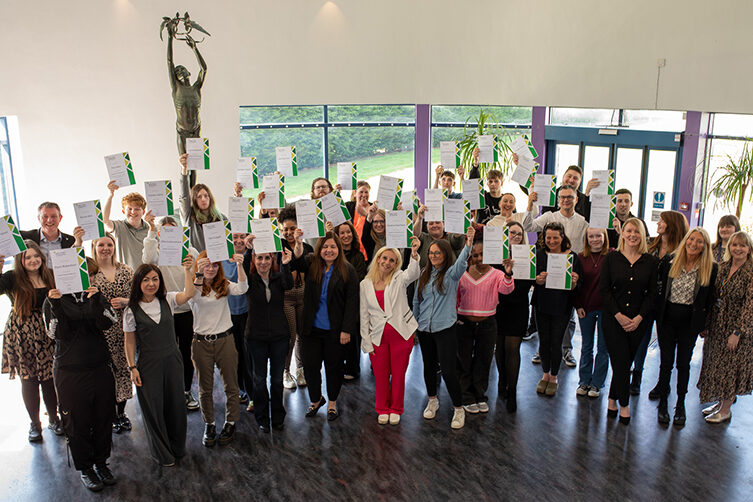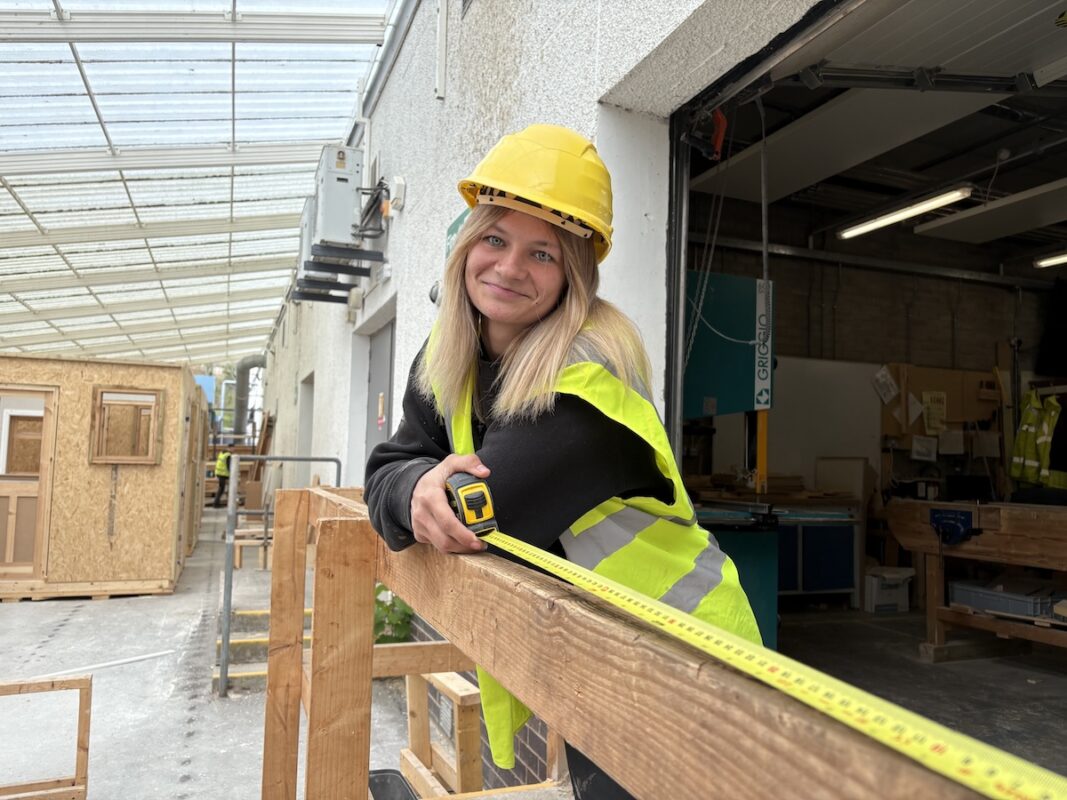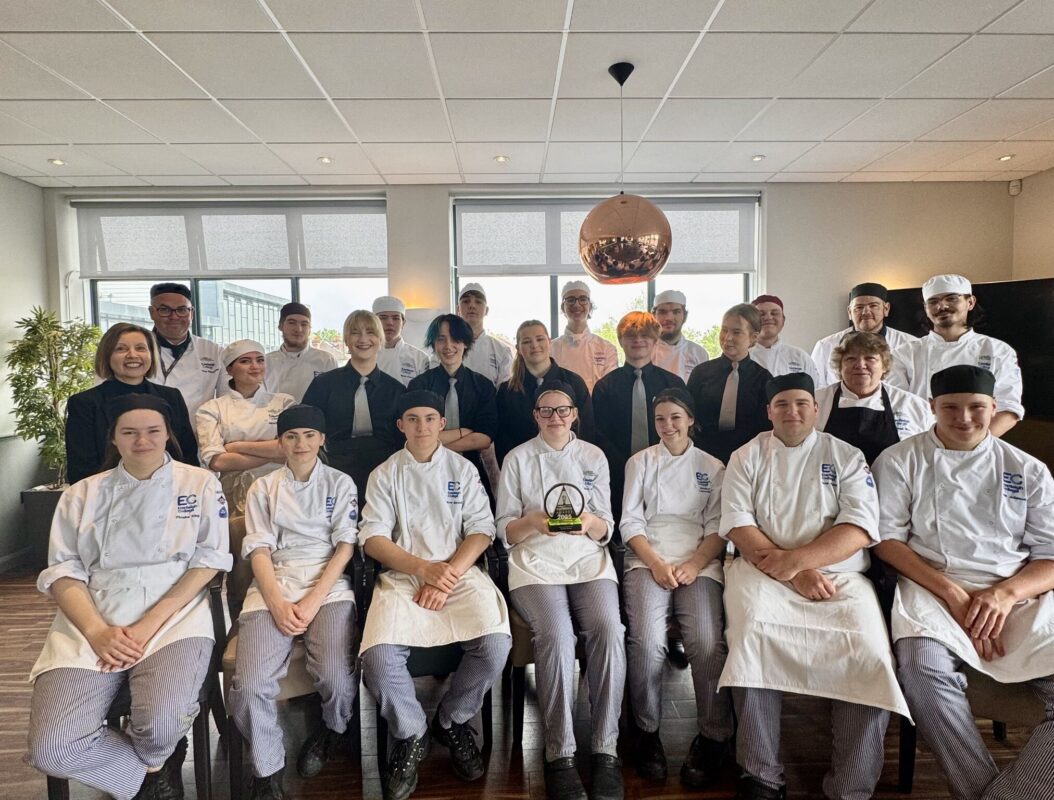Building Maths Confidence Through Family Learning

Most people hold strong or polarised views about maths – they love it or hate it. For most, that attitude has been shaped by their experience of maths learning within their school education, which can be closely associated to high-stakes testing and gate-keeping qualifications. Irrespective of your view of maths, it can be still hard to broaden perception beyond one of a rigid set of rules and procedures taught through didactic teaching or tutoring.
Maths Anxiety
Have you ever felt anxious when faced with checking figures or sheer panic when asked for the answer to a calculation on the spot? What about when your child asks you for help with their maths homework and you freeze? Maths anxiety may be a phrase you have only heard about recently – or perhaps not at all – but it is an emotion that many people can identify with, and is experienced across the UK by young children and adults alike.
Maths anxiety can be defined as ‘a debilitating emotional reaction to maths’ (Nuffield Foundation, 2013). For some, ‘the anticipation of doing maths prompts a similar brain reaction as when they experience pain’ (Sian Beilock, 2015 Cambridge Mathematics – Maths Anxiety).
It is important to recognise the importance of exploring the emotional relationship with maths, and how early negative experiences can have a huge impact on people’s attitude and confidence with maths for life. According to research from National Numeracy in 2015, 30% of adults wrongly assumed that maths is a skill you are born with rather than a skill that can be learned (National Numeracy – What is the issue?) and recent research from the University of Cambridge highlights that maths anxiety is causing children as young as six to feel fear, rage and despair.
This research also shows that maths anxiety can cause poor performance, which in turn increases the anxiety; and that the attitude of adults towards maths highly affects children, and early intervention is key to breaking the vicious circle. (Understanding Mathematics Anxiety, University of Cambridge 2019, Carey, Devine, Hill, Dowker, McLellan, Szucs).
Problems and Solutions
The most recent primary maths curriculum requires children to tackle maths concepts at younger ages than previous curricular with a strong emphasis on rote learning that, perhaps inadvertently, values speed.
Whilst memorising times tables is undoubtedly valuable, an over-emphasis on speed may come at the expense of a deeper understanding of both the relationship between the numbers and how, with more exploration time, there are many approaches to a correct solution. Recalling an answer quickly is less useful if children cannot also make these broader mathematical connections, which develops the important concept of ‘equivalence’.
Instant recall of maths facts can be incredibly stressful to children and adults alike and time- pressures and being put on the spot can both cause and exacerbate anxiety.
Providing opportunities for families to playfully experience the maths that is all around us helps us all to make better sense of the purpose of “school maths”. The maths becomes something real, physical and tangible, something we can make, do, use and touch. By learning through guided discovery and exploration in a less high-pressured environment, adults and children alike can build their confidence to try things out without fear of getting it wrong. This type of active learning is not just for young children!
Exploring Alternative Maths Journeys
At Maths on Toast, our mission is to show children and their families that maths can be creative family fun. We do this by offering opportunities for them to actively explore a range of hands-on activities, all related to maths. This broadens perceptions of maths, helps parents to rethink their own school experiences and encourages us all to appreciate that there is more to maths than times tables and tests!
Recommendation 1
We need a system which enables parents and children to explore maths as a family in creative, active, hands-on ways, and to learn to play with mathematical ideas. This will build skills that help everyone in both early and later stages of maths learning and at all ages. Enjoyment shapes a positive mindset and attitude that enables and increases readiness for future learning. The new government Multiply programme will provide local areas the opportunity to develop and deliver new maths provision to support adult numeracy – family maths should be considered in this mix as part of a family learning offer.
Recommendation 2
Everyone should have the space to explore maths in their own way, at their own pace. There is no need for speed or competition – removing those dual pressures can liberate people’s attitudes to maths. There may be one correct answer to many maths problems but there is no one single right way to get to that answer.
Recommendation 3
Maths really is everywhere – there is little we can look at that does not have an underlying mathematical story. Ratio, proportion, measures, scale, symmetry, patterns, perspective are all ideas that we are biologically programmed to try to make sense of – but sometimes our mathematical glasses are blurred. Putting on some imaginary “mathematical glasses” and looking hard together at everyday life through them can lead to many interesting questions and some thought-provoking mathematical conversations for all.
By Professor Alison Clark-Wilson, Chair, and Lucy Davis, Chief Executive, Maths on Toast – the family maths charity
Read Campaign for Learning‘s press release here.
Parents, Children and Adult Learning: Family Learning Policy in the 2020s
Read previous articles here:
- Driving-Up Parental Engagement in Educational Catch-Up, Sam Freedman, Research Fellow, Institute for Government
- Focusing on Parents to Improve Social Mobility, Lee Elliot-Major, Professor of Social Mobility, University of Exeter
- Encouraging Parental Involvement in Children’s Learning Through School Communication, Adrian Burt, Founder, MarvellousMe
- Balancing Parental Support and Independence of 16-18 Year Olds in Further Education, Noni Csogor, Research and Policy Manager, Sixth Form Colleges Association
- Involving Parents and Guardians in Careers Support for 11-18 Year-Olds, Lesley Thain, Head of Career Programmes, Gatsby Foundation
- Enabling Parents to Get What They Need to Support Children to Learn, Kerry-Jane Packman, Executive Director, Parentkind
- Working with Parents in the Early Years to Get More Children School Ready, Louise Bazalgette, Deputy Director, Nesta
- Using Technology to Help Parents Bridge the Gap in Child Learning, Tom Harbour, Chief Executive, Learning with Parents
- Targeting Support at Carers to Improve the Educational Outcomes for Children in Care, Aoife O’Higgins , Director of Research, What Works for Children’s Social Care
- Supporting Parents to Build Children’s Financial Capability, Sarah Porretta, Insights Director, Money and Pensions Service
- Using Libraries to Support Literacy and Personal Development in Children and Young People, Christine Myhill, National Chair, ASCEL
- Enabling Parents and Children to Learn Together as Families, Katie Easey, Director of Education: Community Learning, WEA
- Reminding Policy Makers of the Benefits of Parents and Children Learning Together, Susannah Chambers, Independent Consultant











Responses